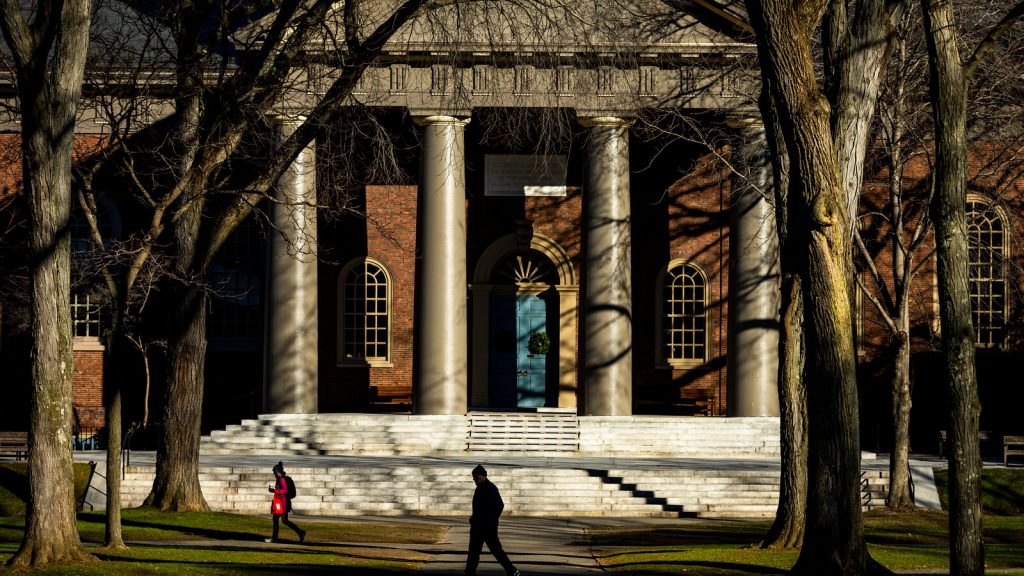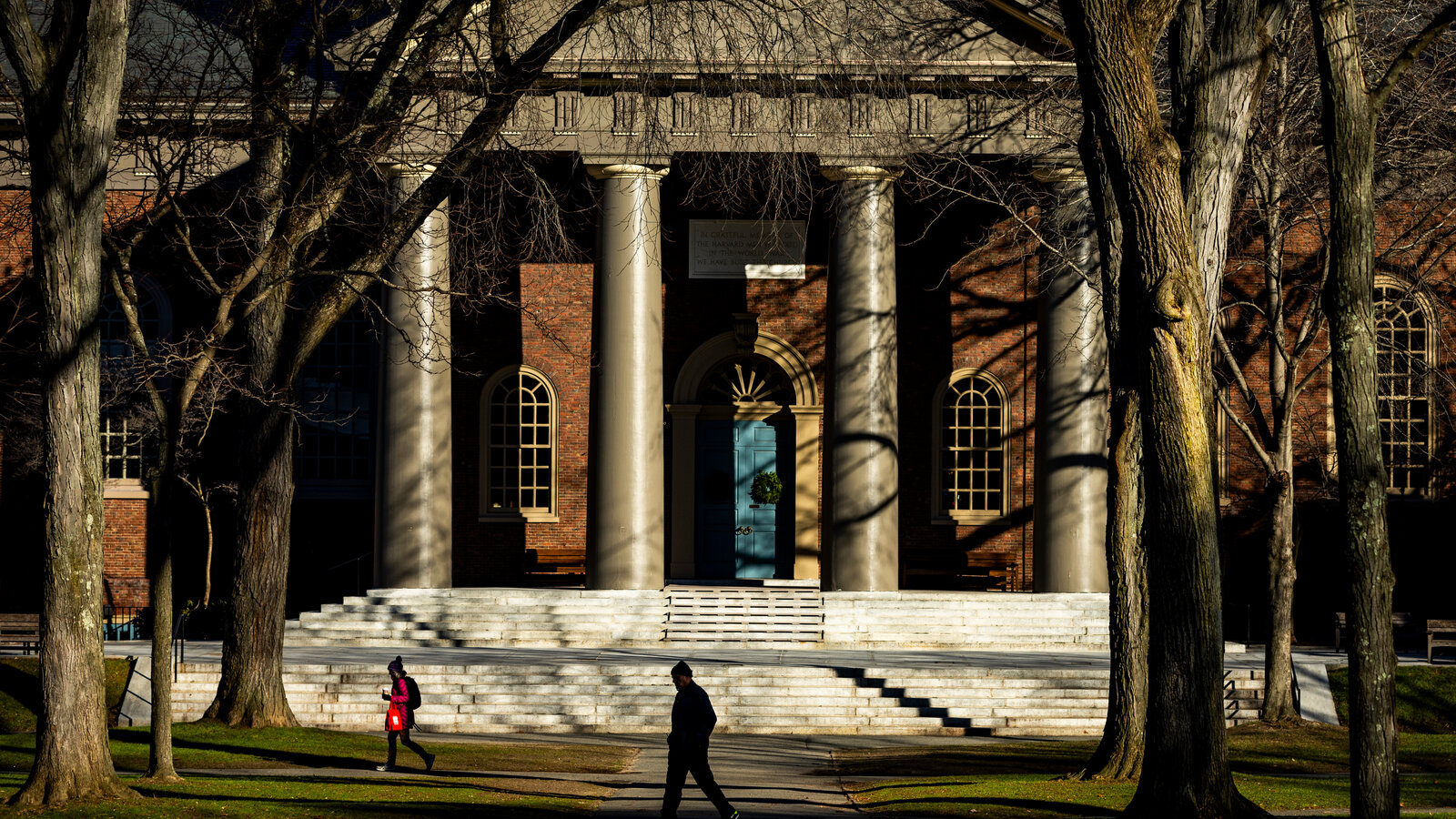
In response to the Israel-Hamas war, Harvard University created task forces aimed at addressing various biases, including anti-Muslim, anti-Arab, anti-Palestinian, and antisemitism on campus. Critics have expressed strong disapproval of these task forces’ preliminary recommendations, describing them as superficial and overly focused on diversity, equity, and inclusion (DEI) rather than addressing the root causes of antisemitism.
Harvard’s Response to Campus Biases
Following the conflict between Israel and Hamas, Harvard University announced the formation of task forces to tackle biases, including anti-Muslim, anti-Arab, anti-Palestinian, and antisemitism. The task forces released their preliminary findings to Harvard’s interim president, Alan M. Garber, with a final report expected in the fall.
Expert Criticism
Experts, including Liora Rez, founder of StopAntisemitism, have criticized the task force’s recommendations, claiming they fail to address antisemitism adequately. Rez argued that the task forces’ focus on anti-Muslim, anti-Arab, and anti-Palestinian bias, while necessary, was disproportionate compared to the issues Jewish and Israeli students face on campus.
Want to know if you’re earning what you deserve? Find out with LawCrossing’s salary surveys.
Imbalance in Addressing Bias
Rez highlighted the imbalance in the task forces’ approach, noting that antisemitism and anti-Israeli bias far outweigh the other biases being addressed. She cited numerous incidents of physical and verbal harassment, public shaming, and online abuse directed at Jewish and Israeli students.
Controversial Recommendations
Among the recommendations was the funding of a visiting professorship in Palestinian studies, which Rez found “laughable” given the context of existing biases against Jewish and Israeli students by faculty. This, she argued, only exacerbates the issues rather than resolving them.
Institutional Failures
William Jacobson, founder of the Equal Protection Project and a Cornell University law professor, also criticized Harvard’s approach, accusing the institution of trying to appease both sides of the conflict. He emphasized that antisemitic and anti-Israeli sentiments on campus are primarily one-sided and that the university’s efforts to balance perspectives are misguided.
DEI and Antisemitism
Jacobson pointed out that the DEI initiatives at elite institutions often perpetuate antisemitism by framing Jews as oppressors and fostering racial animus under the guise of decolonization. He called for the dismantling of DEI bureaucracies in favor of individual respect and inclusivity.
Harvard’s Commitment to Inclusivity
Despite the criticism, Harvard’s task forces emphasized the importance of creating a safe and supportive environment for all students. Asim Ijaz Khwaja, co-chair of the Task Force on Combating Anti-Muslim, Anti-Arab, and Anti-Palestinian Bias, stressed the need for substantive conversations and research to address these issues effectively.
Ongoing Challenges
The task forces also recommended expanded counseling and protective services, addressing disciplinary actions, and fostering constructive dialogue. However, critics argue that these measures fall short of effectively combating antisemitism and anti-Israeli bias on campus.
Leadership and Controversies
Harvard has faced significant backlash and internal turmoil, including the resignation of former President Claudine Gay following plagiarism allegations and weak responses to antisemitism. Interim President Alan Garber has taken over amidst ongoing challenges, including donor withdrawals and internal resignations related to the antisemitism task force.
Don’t be a silent ninja! Let us know your thoughts in the comment section below.

